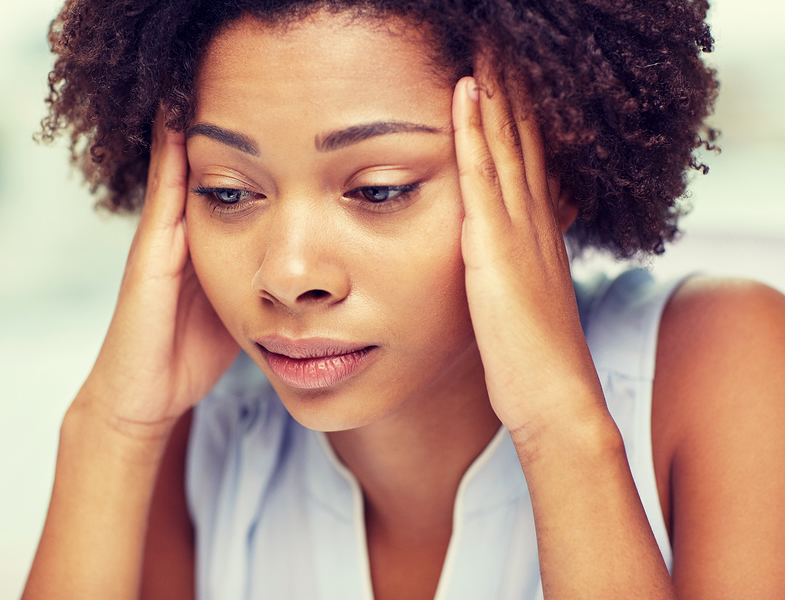Working in the counseling field for the past 8 years and in private practice the last 2 years I have found that a lot of people suffer from anxiety, without understanding what is going on. Quite a few of my clients have commented they did not realize the symptoms they were experiencing were in fact, anxiety. That’s why I have decided to write my blog on this topic and hopefully provide some insight into the disorder and some helpful tips that my clients have found beneficial in their treatment.
First up, what is anxiety exactly? Anxiety is a mental health disorder that is diagnosable utilizing the DSM-V. Anxiety is characterized by someone experiencing excessive feelings of impending doom or worrying thoughts with difficulty controlling the thoughts, ie shutting them off. Other symptoms of anxiety you can also experience are: irritability, fatigue, difficulty concentrating, muscle tension, feeling on edge, and sleep disturbance (difficulty falling/staying asleep, restless sleep, unsatisfying sleep).
It’s important to know that anxiety does not look the same on everyone. Most people believe that only those who are visibly anxious or fidgety have anxiety. In reality a lot of people experience a more internalized type of anxiety. There are people who have anxiety that look cool as a cucumber on the outside but on the inside they are freaking out and their mind is racing. Another big misconception is that someone with anxiety also experiences panic attacks. Some who suffer from anxiety never experience a panic attack, while there are others who experience panic attacks with their increased symptoms.
There are a few skills that my clients with anxiety have found helpful for coping with their symptoms.
- Self talk- talking yourself through those irrational thoughts to more rational thoughts.
- Mindfulness- doing your best to be mindful of your thoughts so you are able to catch those anxious thoughts quickly before they grow too big.
- Flipping thoughts- flipping negative thoughts to more positive. For example if you are thinking an event won’t be fun or that you won’t be good at something. You can flip it to more positive ones of, “I can have a good time at this event because I’ll be spending time with my friends or I have practiced hard and I know I can do this.”
- Distracting yourself- after flipping your thought or utilizing self talk, you can distract yourself with doing something else to help keep the thoughts from sneaking back up on you.
- Journaling- a great tool to use if you struggle falling asleep at night. I encourage my clients to journal before bed to help get all those thoughts racing in their mind out on paper. Journaling in general is a great tool to use on a regular.
- Deep breathing- taking slow deep breaths in counts of four. Breathe in…1..2..3..4, Breathe out…1..2..3..4, repeated.
- Other great skills that can be utilized are: yoga, coloring, exercise, decrease in caffeine intake, walks, talking through things with family/friends, playing with your pet, and reading, just to name a few.
The last thing I would like to leave you with is giving your self grace and patience when dealing with your anxiety. You will have days that are better than others. Try not to shame yourself for the bad days but find ways to do better. Every back step is another lesson learned on how to cope better. Do your best to not bully yourself with “why am I like this or what is wrong with me.” Truth is nothing is wrong with you, you are a person who struggles with anxiety. Finding acceptance that you have anxiety will motivate and encourage you to keep fighting through. Shaming yourself for having anxiety will only hold you back and possibly induce a bout of depression and/or decreased self esteem. I encourage those who struggle with anxiety to not shy away from getting support from family, friends, or even seeking out counseling if needed. Love yourself through it and give yourself grace during those difficult times.

